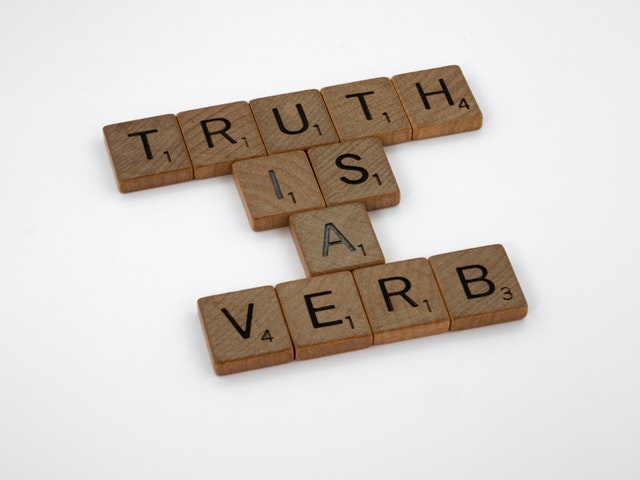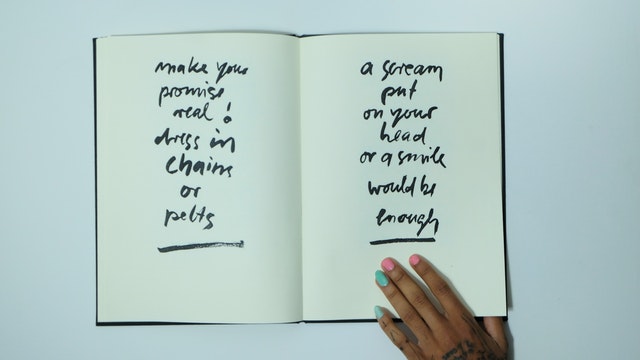Would is a very unusual word. It is a modal auxiliary verb but has at least fourteen different uses and several different meanings depending on the context in which it is used. Would is commonly used to create conditional verb forms, but it also serves as a past form of the modal verb will and can indicate repetition in the past, similar to used to.
In the following article we will tell you how to use this auxiliary verb so that you can be a real ace in the English language.
The form of the verb would
Regardless of how you use would, remember that it is an auxiliary verb and therefore follows the standard auxiliary structure:
Subject + would + base infinitive verb
For example: I would like some coffee or I would have bought it but it was too expensive.
Would is often contracted to ‘d in informal language and speech, as in: I’d like some coffee.
What are modal verbs?
Modal verbs are a type of “helping verb”, also called “helping verb”, as we have already mentioned. This means that they work together with other verbs to give a new meaning to the sentence. For example, they can change the tense of the main verb or indicate the possibility, permission or necessity for something to happen.
Use would in the affirmative
She said she would come to my party. She said she would come to my party.
Use would in negative
When i was younger, I wouldn’t go to the disco. When I was younger, I wouldn’t go to the disco.
Use would in conditional
If I won the lottery, I would buy a new car. If I won the lottery , I would buy a new car.

Uses of the modal verb would
The modal verb would is commonly used as follows:
To make a polite request
Would you give me a hand with this ladder, please? Would you mind moving your bag?
To offer something with education
Would you like some tea or coffee? Would you like some tea or coffee?
Past usual activity
In this case, it has the meaning of used to.
I remember Jeff; he would watch TV all day if you let him. I remember Jeff; he would watch TV all day if you let him.
To indicate that someone persisted in an activity in the past.
John would keep nagging at her, though I asked him not to. John kept insisting, even though I kept asking him not to.
Expressing and asking about probability
I saw a girl at the window. Who would that be? I saw a girl at the window. Who would it be?
In conditional sentences
The most common in these cases is to find the would particle together with the if clause.
I would have taken it if it had been available. I would have taken it if it had been available.

Other uses of would
Would usually speaks of a habitual action in the past. That means an action that is repeated more than once, often as a matter of routine.
When I was a kid I would play with dolls every day. As a child, I played with dolls every day.
Would can also show a willingness to do something in the future, often as part of the phrase “would like to…”
She would like to come to the party. He would like to come to the party.
Would is used in a question to ask someone to do something. In this sense, it is similar to can; however, would sounds more polite.
Would you please close the door? Could you close the door, please?
Finally, would is usually accompanied by the verb wish to express a desire.
I wish you would stop tapping your pencil. I wish you would stop tapping your pencil.

